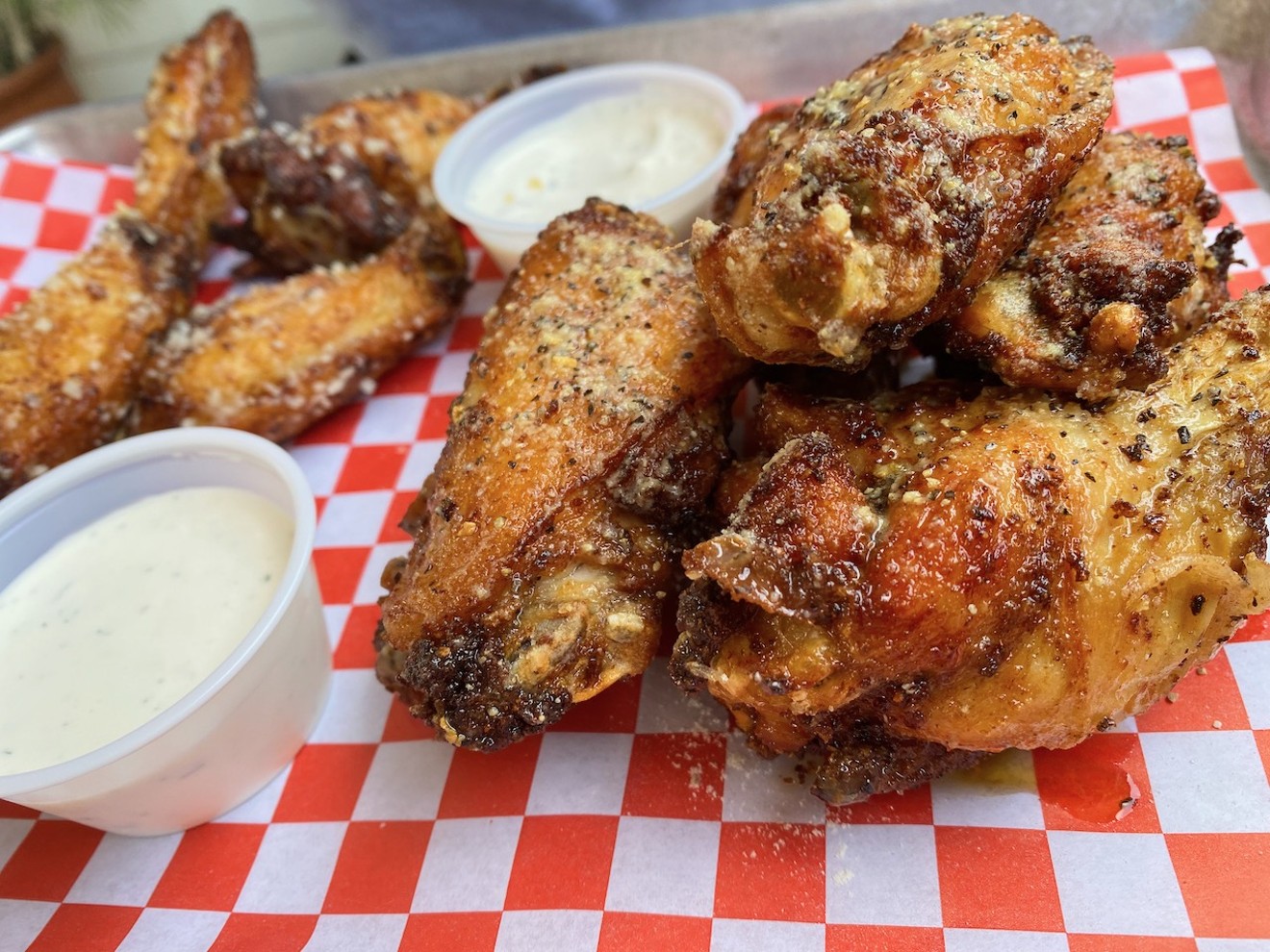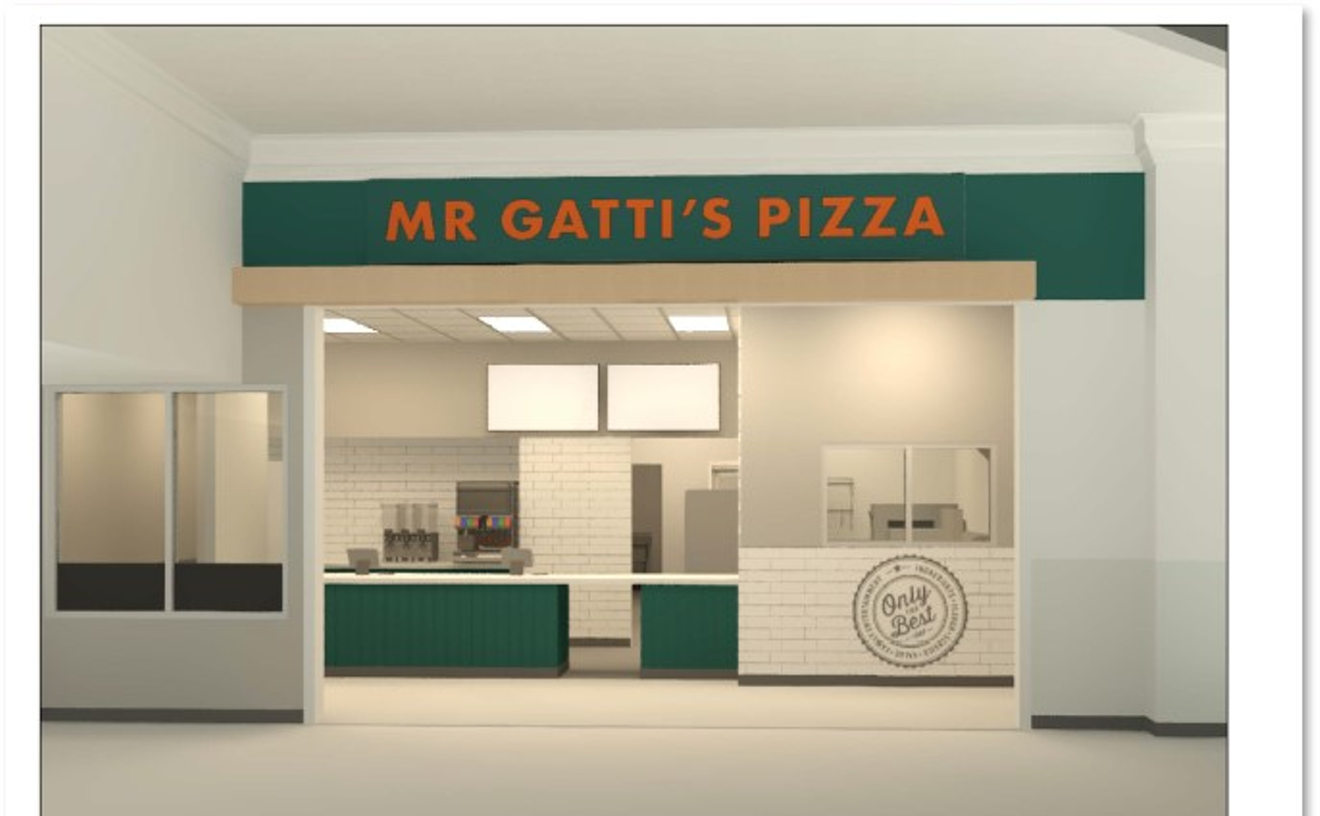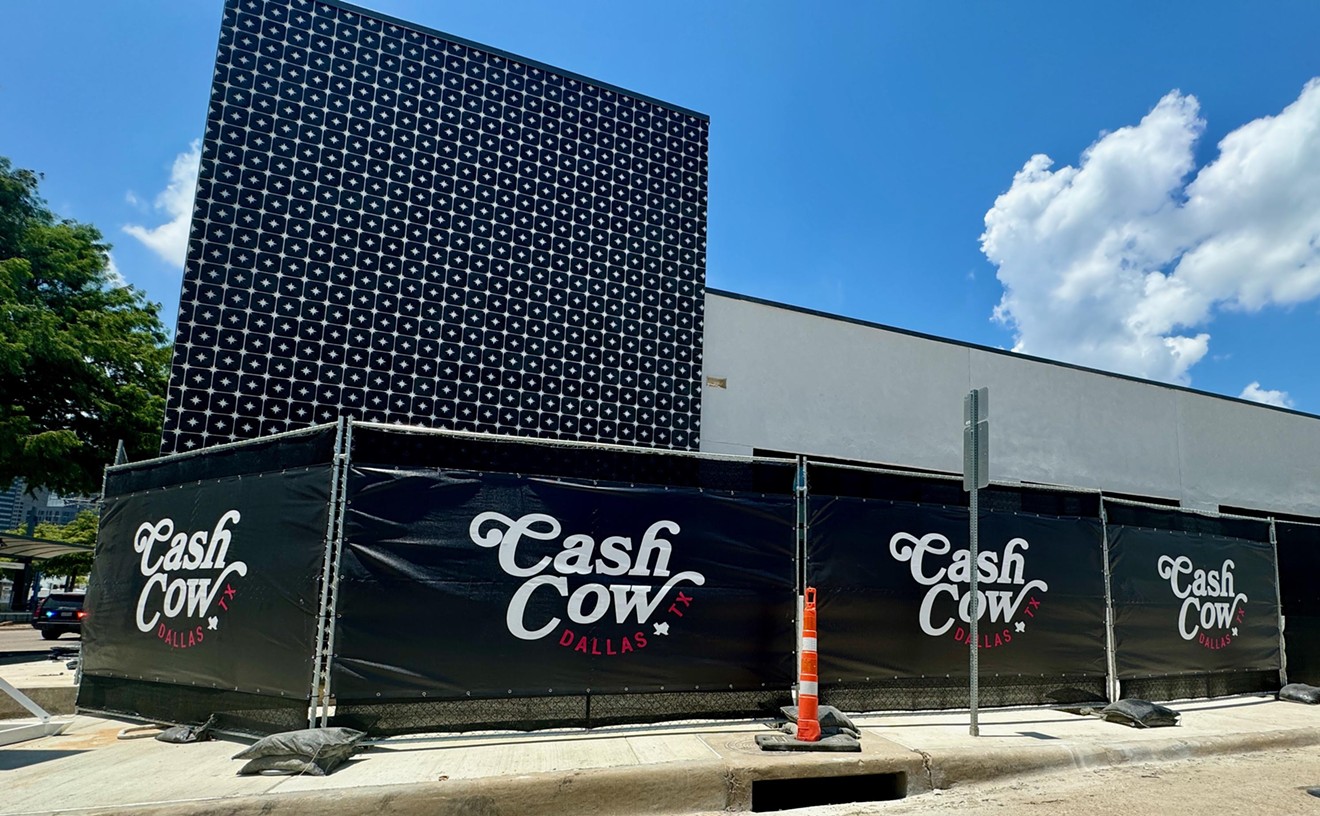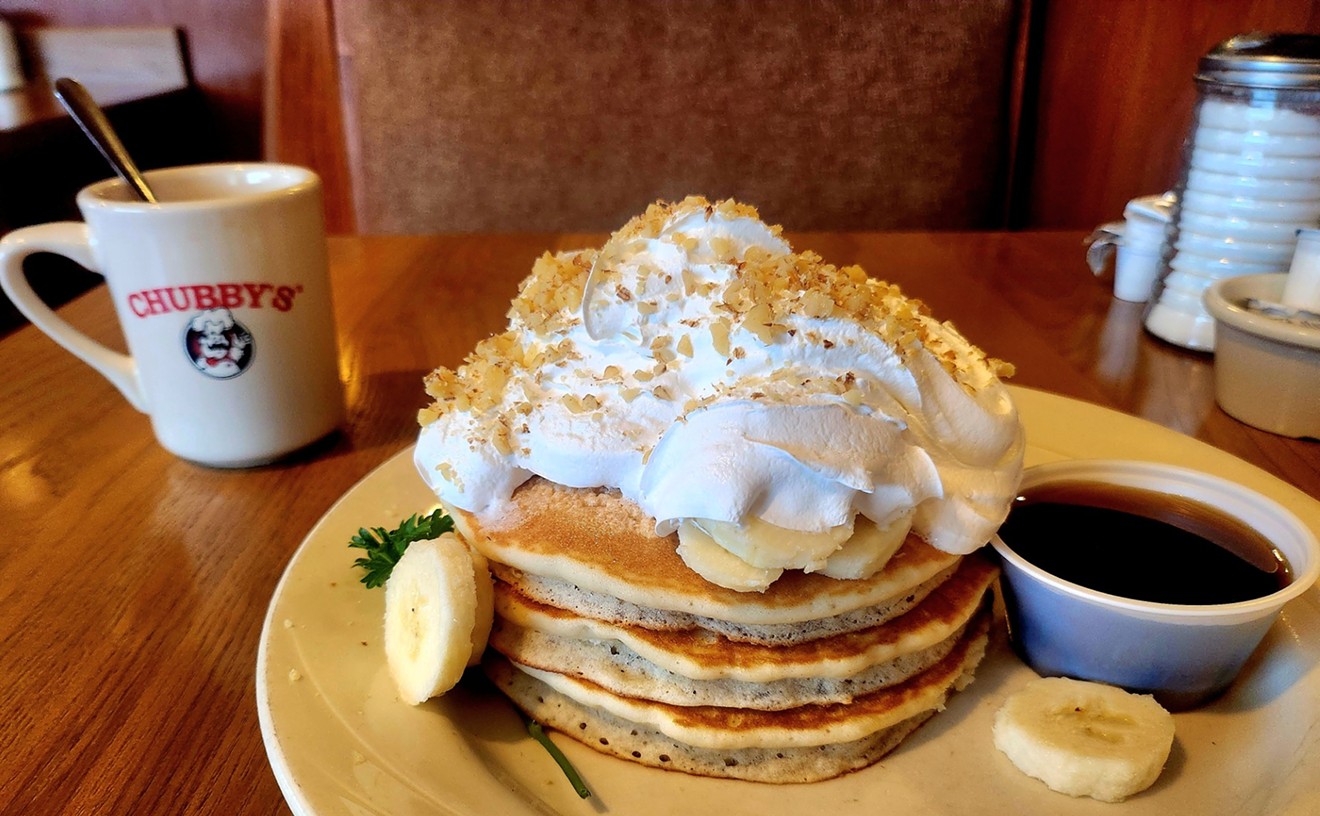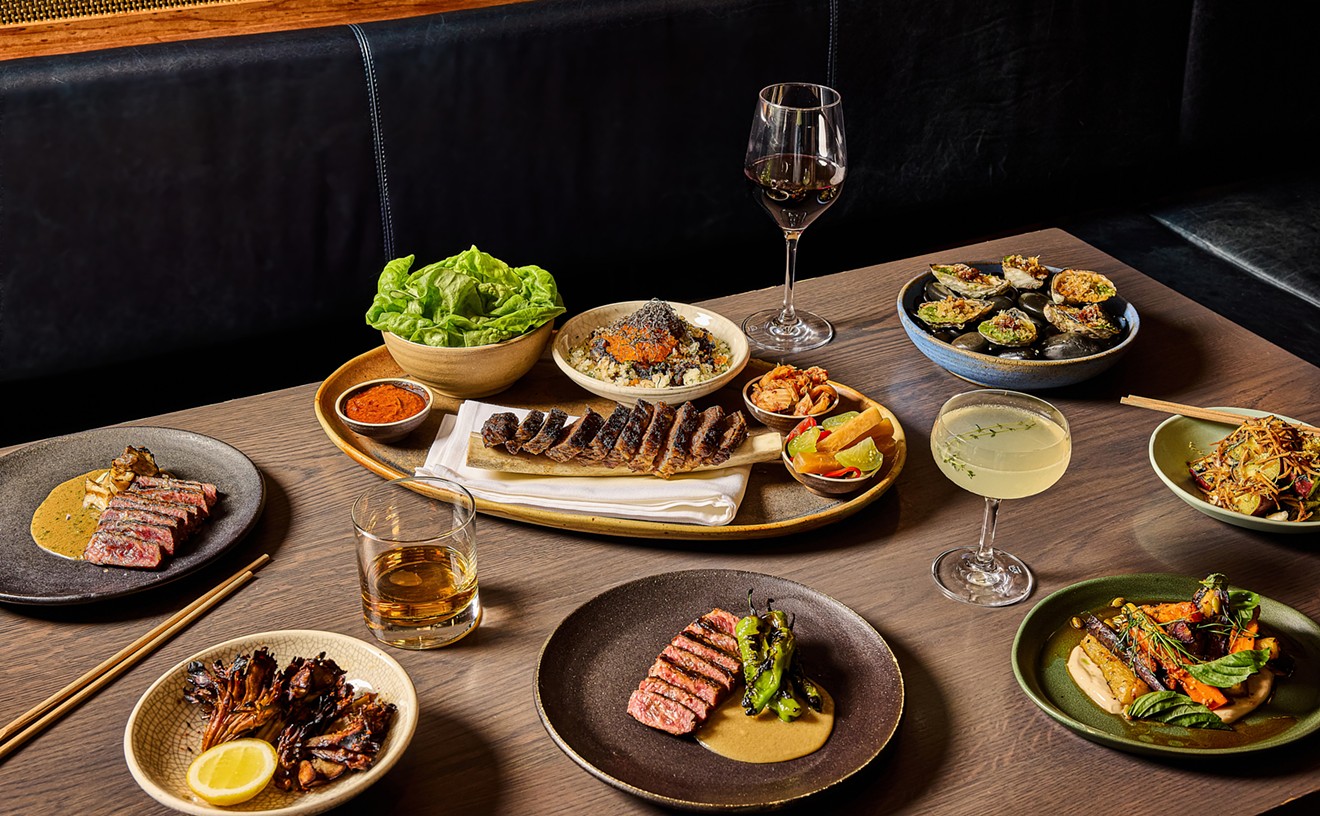And it's not just the national chains. You may have noticed some changes at your favorite local restaurants, coffee shops and dessert bars. Price increases or limited supplies on certain menu items are becoming the norm. So, what's the deal? Well, supply and demand is getting hit by the COVID-19 crisis, just like almost everything else. Many restaurateurs might have managed to keep their doors open last year, but now they continued to get pinched in other ways.
"Protein cost is all the way up," says Brent Reaves. He and his brother Juan own Smokey John's Bar-B-Que. The sale of ribs keeps their lights on and doors open, but the wholesale price is biting into their profits.
"Two months ago ribs were $2.62 a pound. Ribs are now $5.96 a pound. That's double, more than double. It's all the way around. Chicken has gone up. Brisket prices have skyrocketed," Reaves says.

This one hurts; the wholesale price of these ribs from Smokey John's Bar-B-Que has more than doubled in just two months.
Alison McLean
As more of us get vaccinated and get comfortable getting out again and more often, there has been a surge in demand for meals at restaurants, ballparks and other venues. This new sudden demand has caught food producers and suppliers off guard.
Congestion in the pipeline to get their product is something that Reaves knows all about. "The biggest issue we have is suppliers are not getting all of their supplies in," Reaves says. "We buy domestic catfish because it is a higher quality, a higher grade fish, and our suppliers are struggling to keep the fish in. The harbors are backed up for ships. The trucking areas are backed up."
Smokey John's is hardly the only food purveyor to struggle with food prices and shortages amid the ongoing coronavirus pandemic. Owner of Val's Cheesecakes, Valéry Jean-Bart, is having his share of struggles as well, as he tries to keep his business in the black.
"Produce, frozen strawberries are a hit and miss. I'm told 'We're out of peaches and we're out of this and this and this.' So, you have to find it where you can get it," Jean-Bart explains. "So, it's more conversations with suppliers, more research, more coordination."
It's such a problem that the next time you go to Val's Cheesecakes you may notice some differences. "I'm killing flavors left and right," Jean-Bart says. "I've removed the Nutella. Nutella is hard to find in the tubs. Sometimes they have it, and sometimes they don't. I'm about to implement a lot of changes in terms of hours and menu."

Valéry Jean-Bart of Val’s Cheesecakes has struggled to not only maintain a full staff, but also a full stock of goods.
Mike Brooks
In May, according to a National Federation of Independent Business' survey, unfilled job openings increased from 44% to 48%.
Jean-Bart is hearing the same complaints and he now has to make up for the loss. "The supplier is having staffing issues. Now, the supply chain is hit. Now, we can not find enough [cheesecake] plastic containers. We're running around town trying to find them. So we're running around, and it reduces the amount of baking we can do. When you reduce the amount of baking time, it reduces what you can have on your menu. Once you've hit your menu, you're not able to provide what you could provide. Your revenue is hit.
"They don't have drivers to get the supplies to restaurant depot. They don't have stockers. They don't have people picking [the produce]," says Jean-Bart. "This is what the suppliers are telling me."
These issues are forcing the Reaves brothers to try to hunt down deals and new suppliers to stay competitive in a city that sells a lot of barbecue. "We have one specific provider and now we're looking for other providers to see if their stock is up for fish," says Reaves.
The worry for the Reaves and Jean-Bart is passing the cost on to consumers. "It's hitting us and now we're having to share the cost, well the loss, really, with the customer. We're trying not to go up too much to price ourselves out of the market but at some point, we have to go up," says Reaves.
"There's an increase in cost to the product that's going to have to happen," says Jean-Bart.
The expectation is that the market will eventually even out, but how long that could take and the impact is unknown.

